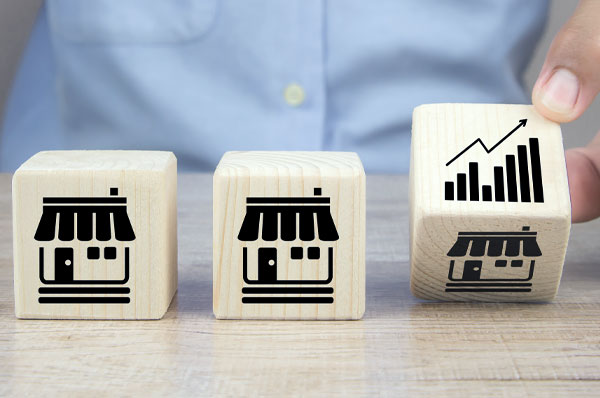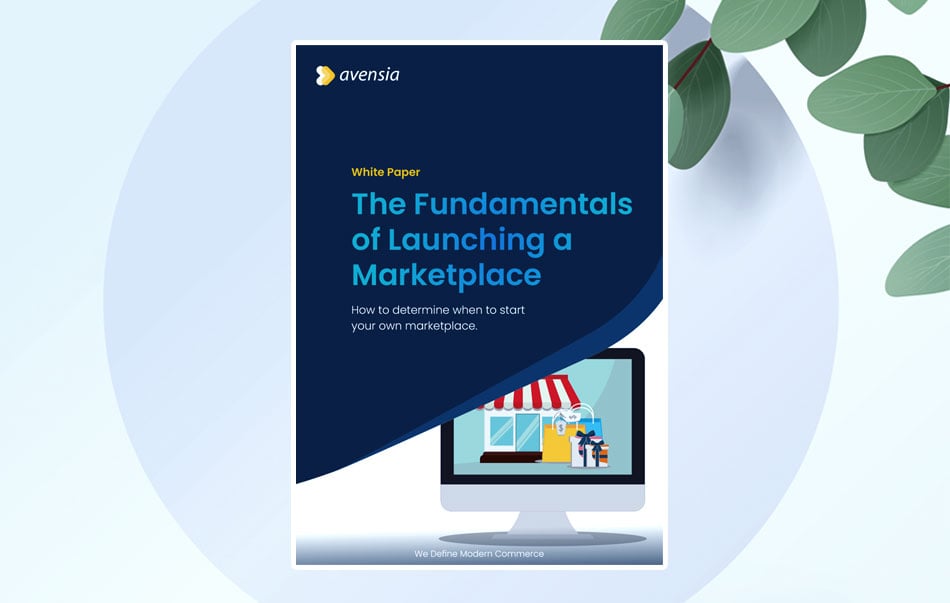Many of the world’s biggest businesses right now are online marketplaces.
Amazon, AliExpress, eBay and Etsy are all widely recognized names. All of them operate as marketplaces within the digital retail space.
Discover how creating your own B2B marketplace allows you to extend and scale your business, gain competitive advantage, and increase revenue. In this blog post we present three common B2B marketplace examples.
Extend Your Product Range With a B2B Marketplace
One of the most compelling reasons for a B2B business to create a marketplace is the ability to quickly extend your range.
Transitioning to a marketplace model gives you an opportunity to scale your product catalog on your own website in a risk-free way. Rather than having to develop, manufacture and store products, businesses can add 100s or 1000s of new products very quickly by partnering with third party sellers.
By incorporating these complementary products, you can improve the breadth and depth of your assortment to create a one-stop-shop for B2B customers.
This can drive up spend per customer as they can purchase multiple products in one visit. It also reduces the chance of them leaving your website without buying something due to not being able to find what they’re looking for..
As the marketplace operator, you also gain additional data benefits from having a greater assortment. You can gather information on which products sell more and use this to determine where you should expand your own first-party range.
In essence, a B2B marketplace model empowers you to make decisions that are driven by real data, rather than hunches or guesswork.











